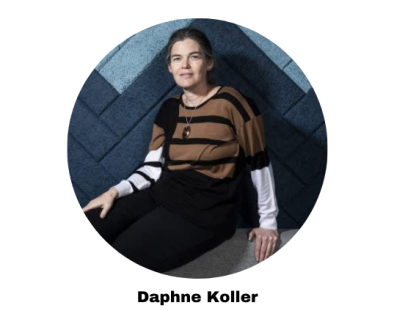Inspiration from Melanie Perkins: Bootstrapping Canva to Entrepreneurial Success
In the dynamic world of digital entrepreneurship, few stories resonate as powerfully as that of Melanie Perkins, the co-founder and CEO of Canva. Her journey from a small-town classroom concept to leading one of the most innovative tech startups serves as an inspiring blueprint for aspiring entrepreneurs. Founded in Sydney in 2012, Canva is now a household name, providing a simple yet powerful graphic design tool that has democratized design for millions around the globe.
Melanie Perkins’ motivation stemmed from a simple frustration encountered during her teaching days. As a university student, she taught fellow students design using complex professional software. Realizing the steep learning curve, she envisioned a tool that was both user-friendly and accessible. This vision laid the foundation for Canva, a platform intended to empower everyone, regardless of their graphic design prowess, to create stunning visual content effortlessly.
The path to bringing her dream to fruition was not without obstacles. Perkins and her co-founders, Cameron Adams and Cliff Obrecht, initially bootstrapped their venture. Their financial limitations meant Perkins flew to Silicon Valley herself to pitch to investors. Her perseverance paid off when she eventually secured funding from renowned investor Bill Tai, illustrating a key entrepreneurial lesson: sometimes, serendipity lies at the crossroads of persistence and opportunity.
Melanie Perkins’ story embodies Malcolm Gladwell’s idea of the ‘10,000-Hour Rule,’ highlighting that mastery and success stem from dedication and practice. Perkins and her team spent countless hours iterating on Canva’s product design, ensuring that it was as intuitive and engaging as possible. This commitment to excellence distinguished Canva in a competitive space, as it uniquely catered to both amateur designers and professionals.
One of Canva’s significant competitive advantages is its commitment to simplicity without sacrificing functionality. Where other design tools were cumbersome and inaccessible, Canva emerged as a streamlined solution, emphasizing drag-and-drop design and a rich library of templates. This approach not only expanded Canva’s user base rapidly but also established it as a formidable player in the tech industry.
What most people might not recognize is the supportive ecosystem that nurtured Perkins’ blossoming idea. The Australian tech community, known for its collaborative spirit, played a critical role in offering mentorship and resources. Canva’s success illustrates the importance of networking and community in entrepreneurship, comparable to Reid Hoffman’s concept that ‘no one builds a business alone.’ Collaborations and prudent partnerships can amplify an individual’s strengths and offset limitations.
Canva’s trajectory also underscores the significance of strategic pivots and adaptability. As the platform evolved, it continually integrated new features and services like video editing and collaborative tools, meeting the changing demands of its diverse user base. This adaptiveness echoes Charles Darwin’s theory of natural selection—those organizations that survive and flourish, irrespective of size, are those that adapt effectively to changing environments.
As of 2023, Canva not only champions design technology but also actively contributes to social causes, leveraging its influence to make a broader societal impact. Melanie Perkins has articulated her commitment to philanthropy, setting an ambitious goal to donate a portion of Canva’s wealth to global causes. This vision aligns with the ethos articulated by business leaders like Bill Gates, who emphasize that businesses can be a powerful force for social good.
Melanie Perkins’ journey with Canva provides essential lessons for any aspiring entrepreneur. It demonstrates that with vision, tenacity, and a supportive community, transformative ideas can come to life. Her story is a testament to the idea that entrepreneurship isn’t merely about innovation—it’s about creating solutions that resonate with and empower humanity.

